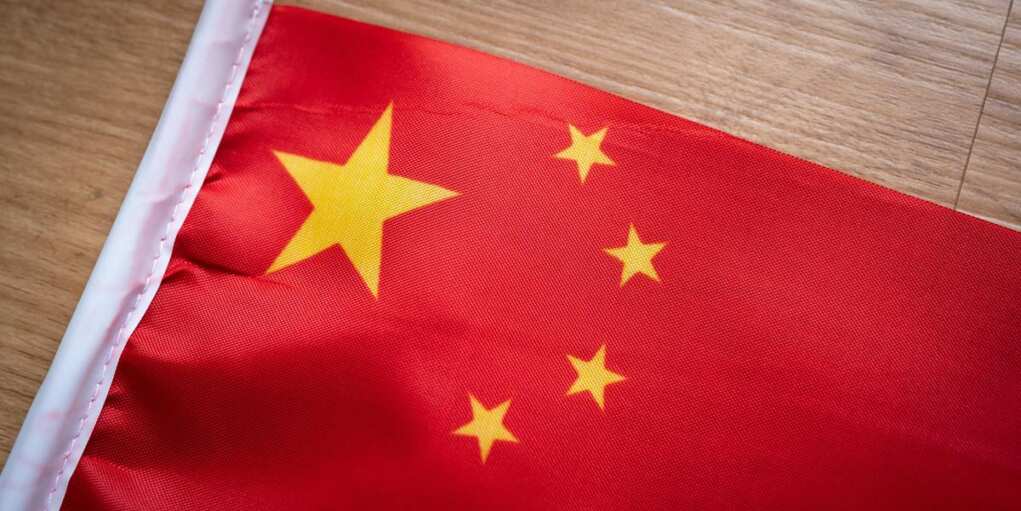China Hits Back – U.S. Leaders Now Personally Targeted

The Chinese Communist Party has issued retaliatory sanctions against unnamed U.S. lawmakers and officials, escalating tensions with Washington as President Donald Trump ramps up pressure on Beijing over its human rights record and unfair trade practices.
The sanctions, announced Monday by China’s Foreign Ministry, target members of Congress, government officials, and heads of American NGOs who allegedly “performed poorly” in criticizing China’s brutal crackdown on pro-democracy voices in Hong Kong.
While no specific names were released, the move is widely viewed as a direct response to the Trump administration’s March 31 sanctions on Chinese and Hong Kong officials responsible for “transnational repression.” That action punished six officials for weaponizing Hong Kong’s harsh “national security law” to intimidate and silence dissidents—some of whom were U.S. citizens and legal residents.
Secretary of State Marco Rubio defended the U.S. sanctions earlier this month, stating they “demonstrated the Trump Administration’s commitment to hold to account those responsible for depriving people in Hong Kong of protected rights and freedoms or who commit acts of transnational repression on U.S. soil or against U.S. persons.”
Rubio also played a key role in coordinating the U.S. response, which came as part of a broader campaign to confront the Chinese Communist Party’s growing aggression at home and abroad.
China had vowed retaliation after the March announcement and finally followed through—three weeks later—with a characteristically vague counterpunch. Foreign Ministry spokesman Guo Jiakun accused the United States of “severe interference in Hong Kong affairs, which are China’s internal affairs.”
“The U.S.’s erroneous practice on the Hong Kong-related issues will for sure meet China’s resolute response and reciprocal countermeasures,” Guo threatened, citing Beijing’s 2021 “Anti-Foreign Sanctions Law.” That law, passed by the CCP’s rubber-stamp legislature, is designed to punish anyone who challenges Beijing’s internal or external human rights abuses.
The sanctions, though not detailed, could include visa bans, asset freezes, or bans on doing business with Chinese entities. China has previously used similar tactics to target U.S. senators, officials, and even entire organizations critical of its regime.
China’s latest action coincides with a sharp rise in tensions following Trump’s dramatic expansion of tariffs on Chinese goods. After tripling duties on Chinese imports—now reaching up to 245 percent—Trump declared the era of economic appeasement over.
Beijing responded by branding the tariffs “arrogant and shameless,” and now appears to be tying its new sanctions to the broader trade war, as well as Washington’s push to confront Chinese authoritarianism.
“Hong Kong is China’s Hong Kong,” Guo asserted Monday. “Hong Kong affairs brook no U.S. interference.”
That language echoes past warnings from the CCP whenever the U.S. or its allies have dared to stand with the people of Hong Kong or Taiwan.
While China may think its retaliatory threats will chill American resolve, Trump officials are signaling the opposite.
“The days of ignoring Chinese aggression—whether economic, military, or ideological—are over,” a senior administration official said following the announcement.
Though Beijing’s lack of transparency makes the exact impact of the sanctions unclear, one thing is certain: the U.S.-China showdown is escalating across every front—trade, technology, and now the global fight for human rights.
And under Trump, the message to Beijing is unmistakable: America is no longer backing down.

